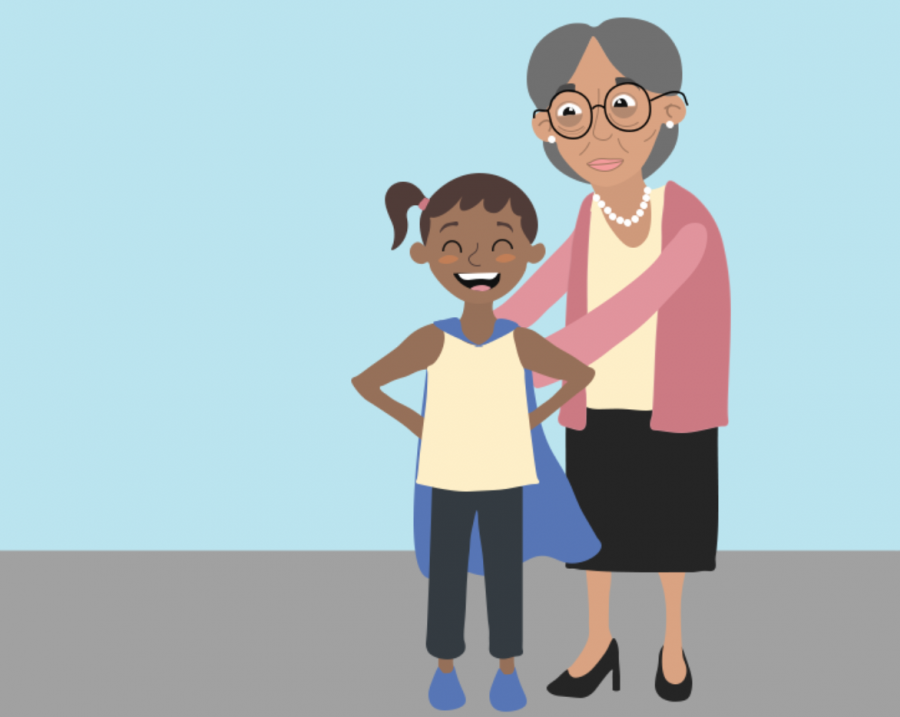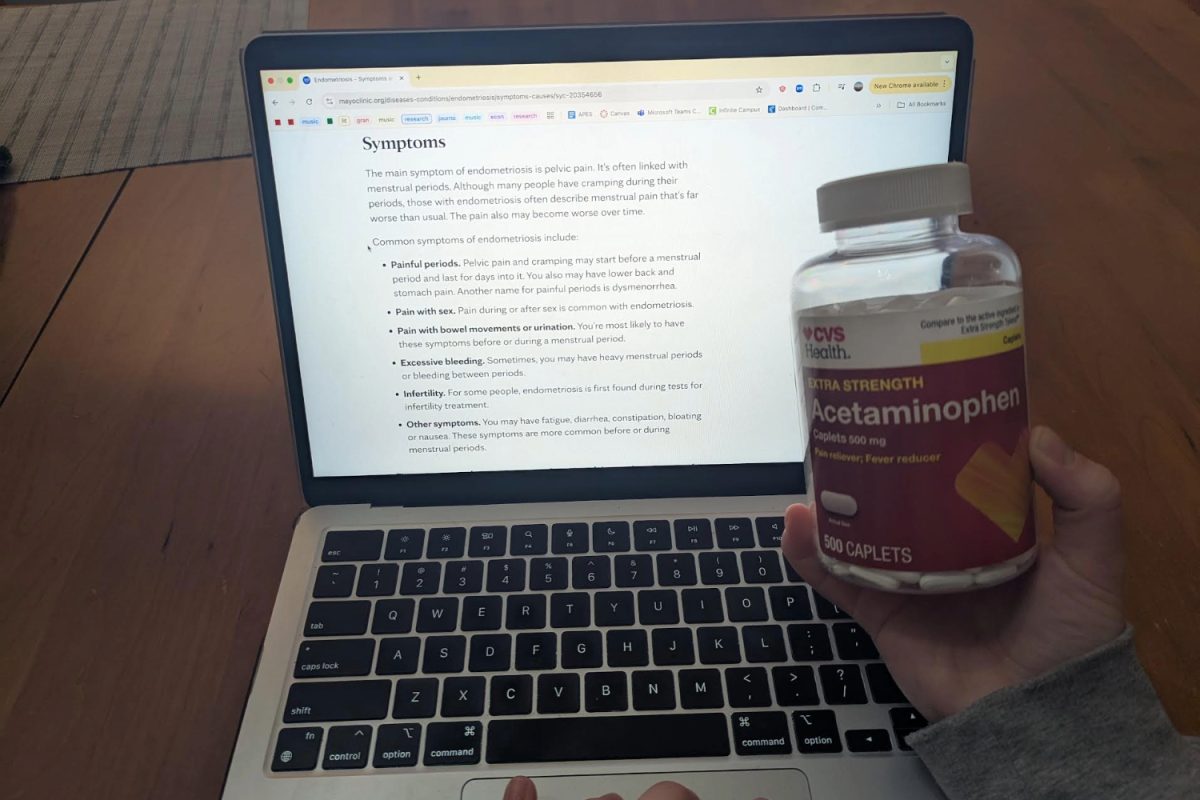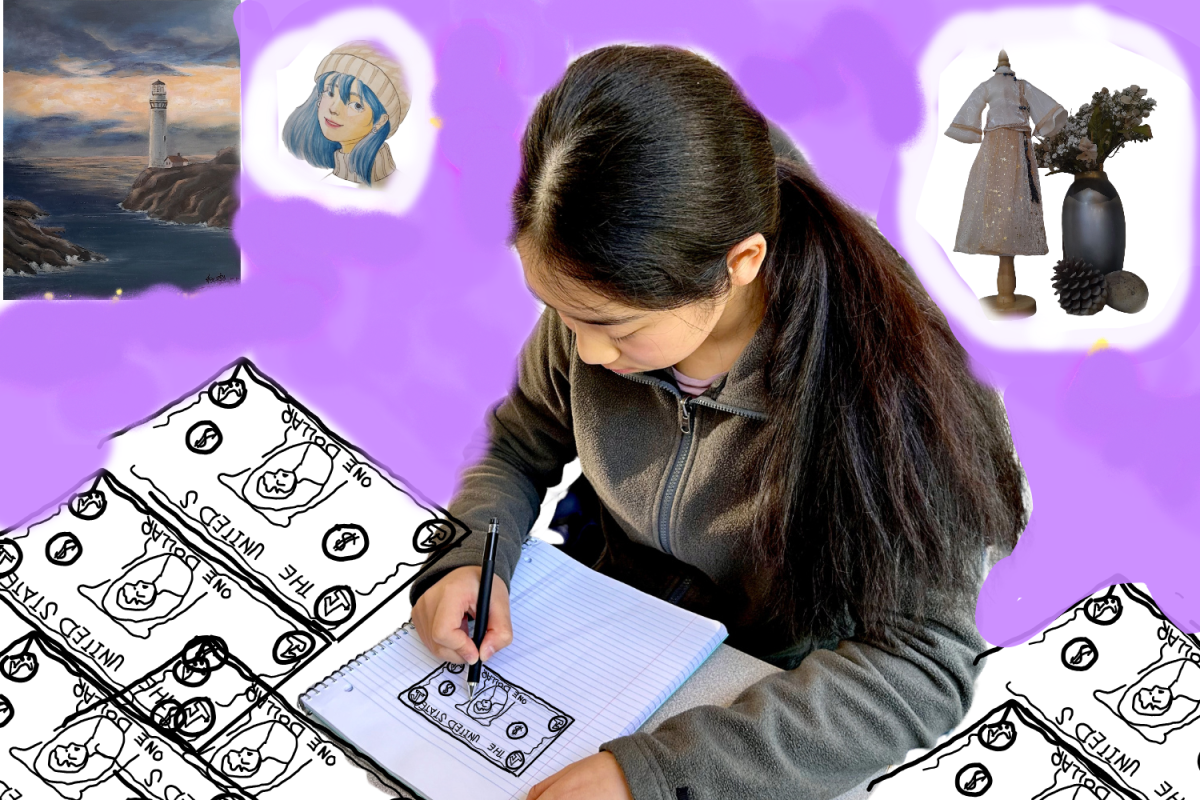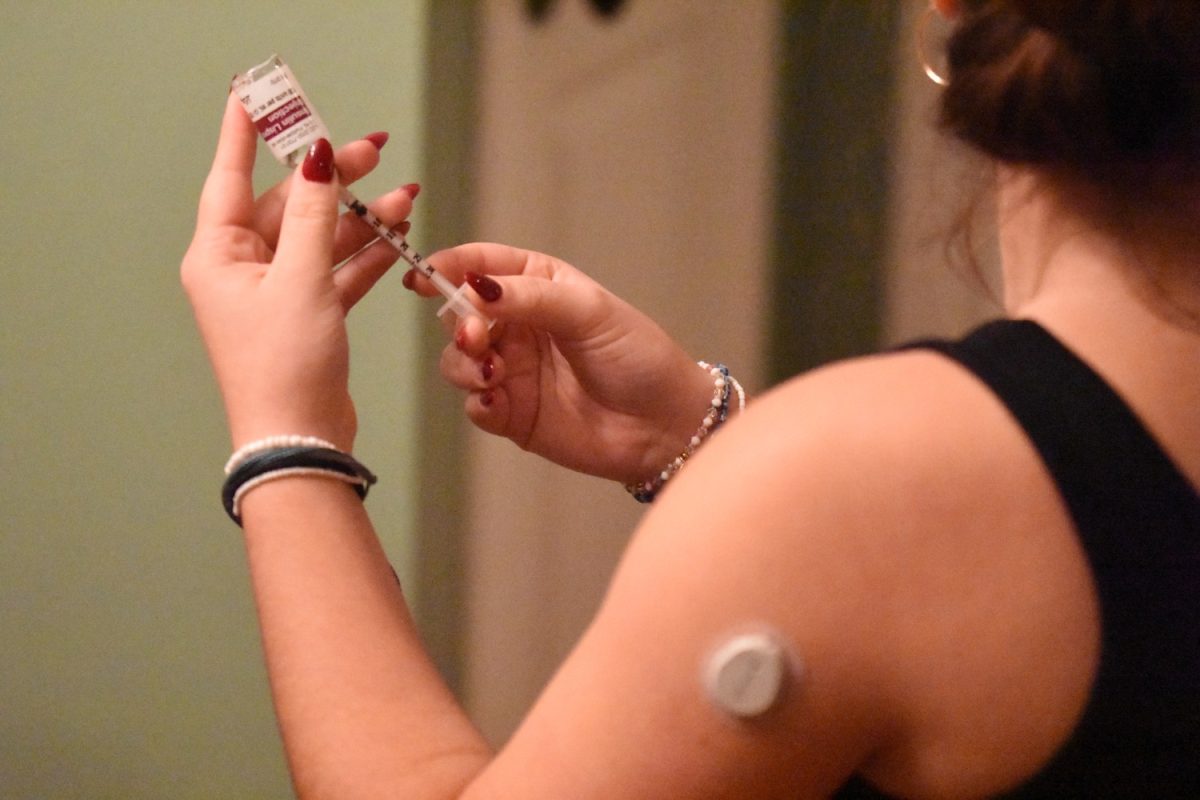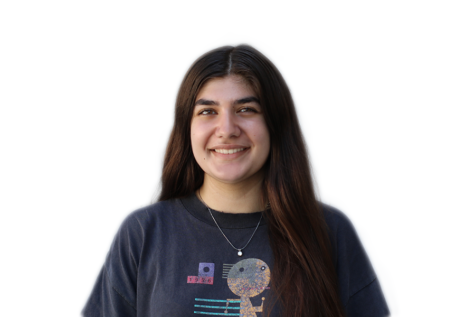“It’s just a phase,” has said almost every adult regarding rebellion.
In a time of such political chaos, Generation Z, along with Millenials, has taken to the forefront of activism. For as long as I can remember, parents, teachers, and family members repeatedly told us, “You are the future!” and that we will be the ones changing the world. It’s only natural that we would believe it without question after that notion being ingrained in us. While we might think we’re the generation that’s going to change the world, hasn’t every generation felt that and tried to combat some injustice?
The 1960’s Anti-War Movement flourished on college campuses and called for an end to US involvement in Vietnam. Simultaneously, the Civil Rights Movement of the 1950s and 1960s was full of youth activists fighting for equal rights and black liberation. The wave of social change accomplished a great deal, including the Civil Rights Act of 1964. However, we view that movement as a moment in history, not an ongoing battle—though it is.
We collectively view people of that time, specifically allies, as good samaritans uniting during a time of division. But what about when they stopped and those still disenfranchised had to continue to advocate for themselves? When those with privilege only protested when it was convenient, when others became disinterested in supporting minorities, or felt too busy and decided to leave the rest of the work to future generations. All those generations of youth believed that they would change the world at one time or another. Yet, it has proved to be a generational “superhero phase” for most.
I can count the number of adults I know whose work centers around social justice on one hand while the adults in my life whose work centers around a different goal is much more vast. It seems as if those generations of activists and allies disappeared. Though many over social media apps, like TikTok, have claimed that we are the most “superior” and “indestructible” generation, the burnout of other generations signals that we may be headed down the same, seemingly inevitable path.
In preparation for the 2019 Youth Climate Summit, youth across the world took to the streets in protest, forcing our governments to pay attention to the issue of climate change. While the climate crisis will affect everyone, it has, and will, disproportionately impact disenfranchised BIPOC and low-income individuals who do not have access to proper resources. Despite this alarming reality, we once again became enwrapped in our own lives, pushing the movement into the background.
Similarly, while BLM was established in 2013, this May brought a slew of nationwide protests that have continued in many parts of the country five months later. Generation Z was quick to join protests and post all over social media for a few months. However, the movement has seemed to lose traction with the majority, demonstrating the privilege some Generation Z has: overlooking pressing effects because it does not directly impact us and protesting when convenient.
Our “superhero phase” will only last as long as we collectively make it, as we must put in continuous time and effort to combat institutions that uphold the disenfranchisement of minorities. Otherwise, we will fall into the same cycle as the generations before us: feeling like superheroes, trying to change systems that perpetuate injustice, and ultimately, the majority giving up.

